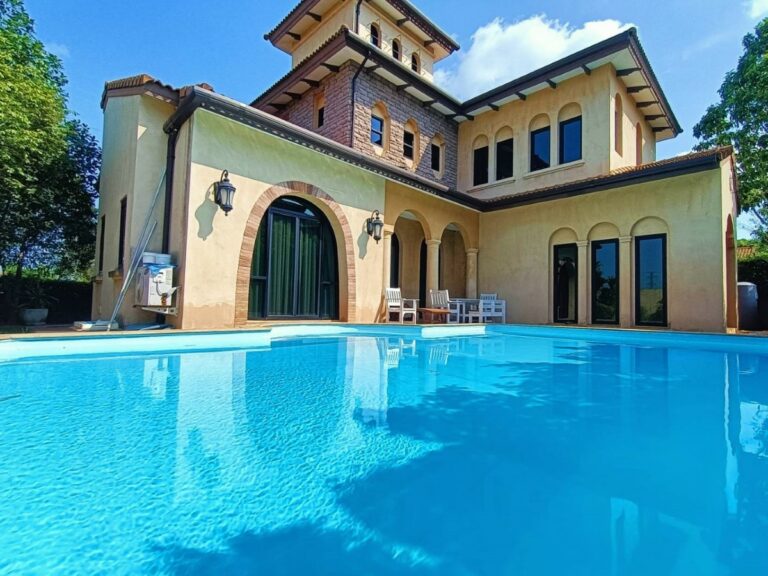Thailand has become a popular destination for foreign investors looking to purchase property, whether for personal use or investment purposes. However, with property ownership comes the responsibility of paying property taxes. In this article, we will discuss Thailand’s property tax system and how it affects property owners.
Firstly, it’s important to note that property tax in Thailand is relatively low compared to other countries. The current rate is 12.5% of the annual rental value of the property, which is assessed by the local government. This tax is payable annually and is typically paid by the property owner. If the property is rented out, the tenant is responsible for paying the tax.
The tax is calculated based on the rental value of the property, which is determined by the local government. The rental value is based on the estimated amount that the property could be rented out for in a year. It’s important to note that this value may be higher or lower than the actual rental income received by the property owner.
In addition to the annual property tax, there is also a transfer fee that is payable when the property is sold. This fee is typically 2% of the appraised value of the property, which is determined by the local government. The seller is responsible for paying this fee.
It’s worth noting that there are some exemptions to the property tax in Thailand. For example, if the property is used as a primary residence, the owner may be exempt from paying the tax. Additionally, properties owned by religious organizations, diplomatic missions, and certain government organizations may be exempt from the tax.
It’s also important to understand that property tax is just one of the costs associated with owning property in Thailand. Other costs may include maintenance fees, utilities, and insurance. It’s important to factor in all of these costs when deciding whether to invest in Thai property.
In conclusion, Thailand’s property tax system is relatively straightforward and low compared to other countries. Property owners are responsible for paying 12.5% of the annual rental value of the property, while buyers are responsible for a transfer fee of 2% of the appraised value when the property is sold. While there are some exemptions to the tax, it’s important to factor in all costs associated with owning property in Thailand before making a decision to invest.

